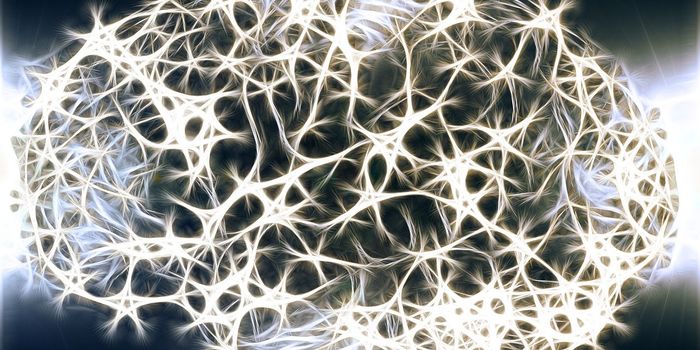Possible Biomarker Discovered for Schizophrenia
A study out of John's Hopkins University published by Dr. Robert Yolken, MD, and colleagues late last year have found a possible biomarker for schizophrenia. Biomarkers are extremely important to help diagnose disease, yet very few exist for psychiatric disorders. You cannot take a blood test to diagnose depression, for example. The current study found that schizophrenics carry a high level of a certain antibody produced in response to Epstein–Barr virus (EBV), a type of herpes virus that can lead to infectious mononucleosis (aka "mono" or "the kissing disease"). The schizophrenic patients in this study had a greater immune response to EBV-viral capsid antibody (VCA) compared to controls.
Source: UnSplash.com
This is the first study to look at a connection between schizophrenia and EBV and suggests a possible biomarker for the disease. Many other studies have used neuroimaging, which has revealed structural and functional abnormalities in schizophrenia patients, to identify schizophrenics. Genetic studies have revealed a plethora of genetic abnormalities associated with schizophrenia. However, a brain scan may be financially out of reach for many patients with schizophrenia. Thus, a simpler biomarker test would benefit a larger proportion of patients.
The current study first measured levels of antibodies against EBV and found a higher level compared to healthy controls. EBV causes fever and swollen lymph nodes. It usually resolves in a couple weeks. However, in severe cases, it can spread to the central nervous system (CNS) and cause long-term infection. It is similar to how chicken pox in some young patients can "hide" in the CNS, only to emerge as shingles in old age. The researchers wanted to see whether EBV infection and schizophrenia were associated.
Interestingly, schizophrenic patients did not have higher levels of antibodies against the chicken pox virus or herpes simplex type 1 (responsible for cold sores), both similar to EBV. These findings suggest that only EBV was associated with an increased risk of schizophrenia.
Photo source: PixaBay.com
The idea of an immunological cause of schizophrenia is not new. A comprehensive review coming out of King's College London found a significant relationship between non-neuronal autoimmune diseases and psychosis. It has been known for some time now that infections early in life can cause autoimmune disorders. These pieces of evidence from multiple labs lead credence to the theory that infectious disease could potentially cause schizophrenia.
The present study out of John's Hopkins found only a positive correlation between schizophrenia and high levels of antibodies to EBV. Causation cannot be determined by their data. Dr. Yolken cautioned that the study "wasn’t designed to determine cause and effect." Theoretical causes to explain this correlation include: (1) EBV infection can cause schizophrenia or contribute to its development; (2) schizophrenic patients are prone to have an increased response to EBV; or (3) something else (genetics, environmental) causes schizophrenia and increased susceptibility to EBV. More research is needed to dissociate causation from correlation.
Sources: Schizophrenia Bulletin, Biological Psychiatry. Cognitive Neuroscience and Neuroimaging, The Australian and New Zealand Journal of Psychiatry, Nature, NeuroscienceNews.com, Biological Psychiatry, Seminars in Immunology










